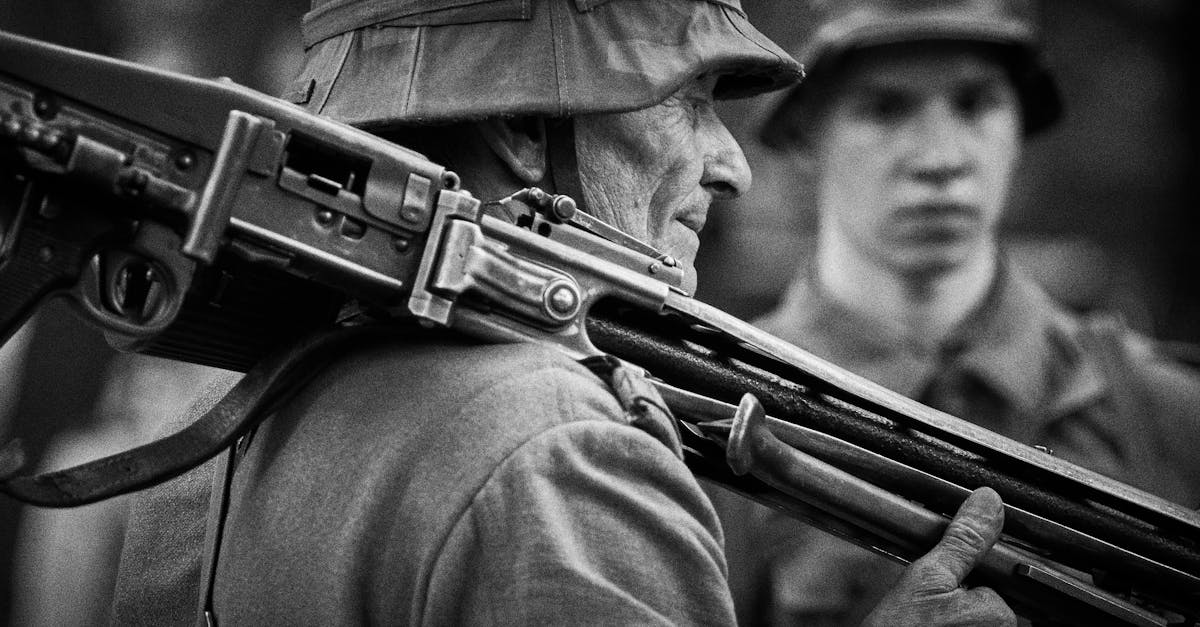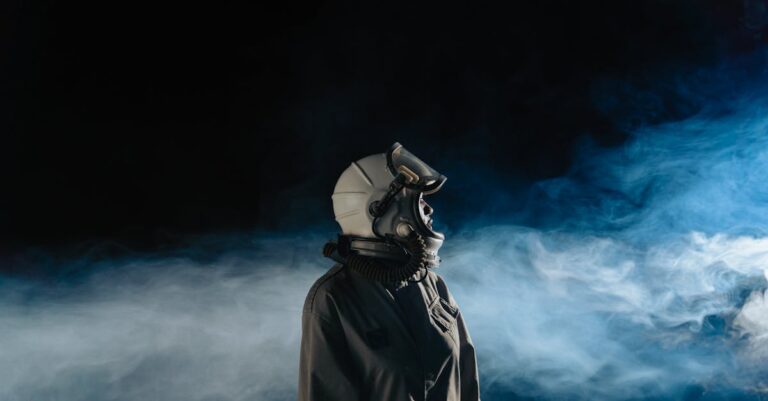
The first bullet struck the oak tree at dawn, splitting its trunk like a knife through wax. Elias Mercer crouched behind the splintered bark, his breath ragged as smoke coiled from the musket in his hands. The air reeked of gunpowder and damp earth, a stench that clung to his skin like a second layer. Somewhere in the distance, a horse whinnied, panicked. Elias wiped sweat from his brow, his fingers brushing against the scar on his wrist—a jagged reminder of last summer’s skirmish. He had not slept in two days.
A twig snapped. Elias spun, musket raised, but the figure emerging from the fog was no enemy. A woman, her dress a patchwork of mud and linen, held up a trembling hand. Her eyes, dark as spilled ink, locked onto his. “You’re one of them,” she said, voice low but steady. “The Yankees.”
“I’m no patriot,” Elias muttered, lowering the gun. “Just a man trying to stay alive.”
The woman stepped closer, her boots sinking into the loam. She carried a wooden bucket, its contents sloshing with water. “You’ll die out here,” she said. “Unless you want to be another corpse for the crows.”
Elias studied her—her sunburned cheeks, the way her hands shook as she set the bucket down. She was no soldier, no spy. Just a woman, like the ones back home, who’d seen too much. “What’s your name?” he asked.
“Mara,” she said. “And you’re trespassing on my father’s land.”
The words hung between them, sharp as the bayonet at Elias’s hip. He wanted to argue, to demand she help him, but the truth was, he was out of options. The Union army had scattered days ago, leaving him stranded in a war that no longer felt his own. “I’ll leave,” he said. “Just… give me a few hours.”
Mara tilted her head, studying him. Then she turned and walked toward the barn, her dress swishing like a ghost. Elias followed, the weight of his rifle pressing against his side. The barn reeked of hay and animal sweat, but inside, a fire crackled in the hearth. Mara knelt by the flames, tossing in a log. “You’ll freeze before nightfall,” she said without looking up. “Stay. But don’t touch anything.”
The next days blurred into a haze of cold and quiet. Mara tended to Elias’s wounds, her hands deft and unyielding. She spoke little, but her actions told stories—the way she lit the fire each morning, the careful way she stored rations in the cellar. Elias learned to read her moods: the tension in her shoulders when she heard distant cannon fire, the way her gaze lingered on the horizon.
One evening, as they sat by the hearth, Mara finally asked, “Why did you run?”
Elias stared into the flames. The question was simple, but its weight pressed against his chest. He thought of the officer he’d shot in the neck, the way the man’s blood had sprayed like a red fountain. He thought of his brother, dead in a ditch somewhere in Virginia. “I don’t know,” he said. “Maybe I’m just tired of killing.”
Mara nodded, her expression unreadable. “My brother was a Confederate officer,” she said. “He died last month. I haven’t seen his body.”
The silence that followed was heavier than the smoke in the air. Elias wanted to say something, but the words stuck. Instead, he reached for the tin cup of water Mara had left by the fire and took a long swallow. The liquid was cold, but it did nothing to ease the ache in his bones.
Weeks passed. The war crept closer, its shadow stretching across the fields. One morning, Mara found Elias sharpening his bayonet in the barn. “You’re leaving,” she said, her voice flat.
He looked up, surprised. “How do you know?”
“Because you’ve been pacing since dawn.” She stepped closer, her eyes searching his. “You don’t belong here.”
Elias hesitated. The truth was, he didn’t know where he belonged. The Union had abandoned him, and the Confederacy had never welcomed him. But staying meant risking everything—Mara, the fragile peace they’d built. “I can’t stay,” he said finally. “They’ll come for me.”
Mara’s lips pressed into a thin line. She turned away, her back rigid. “Then go,” she said, but there was no anger in her voice, only exhaustion.
The next morning, Elias packed his meager belongings. Mara didn’t say goodbye. She stood at the edge of the field, her silhouette small against the rising sun. As he walked away, he glanced back one last time. She was still there, watching, her hands clasped in front of her like a prayer.
The war ended in April, but Elias didn’t return home. He wandered north, working odd jobs in towns that smelled of coal and desperation. Years later, he would hear rumors of a woman who’d stayed on the farm, raising a son alone. He never found her. But sometimes, in the quiet moments between dreams, he’d swear he could smell the earthy scent of hay and hear the distant echo of a woman’s voice calling his name.


